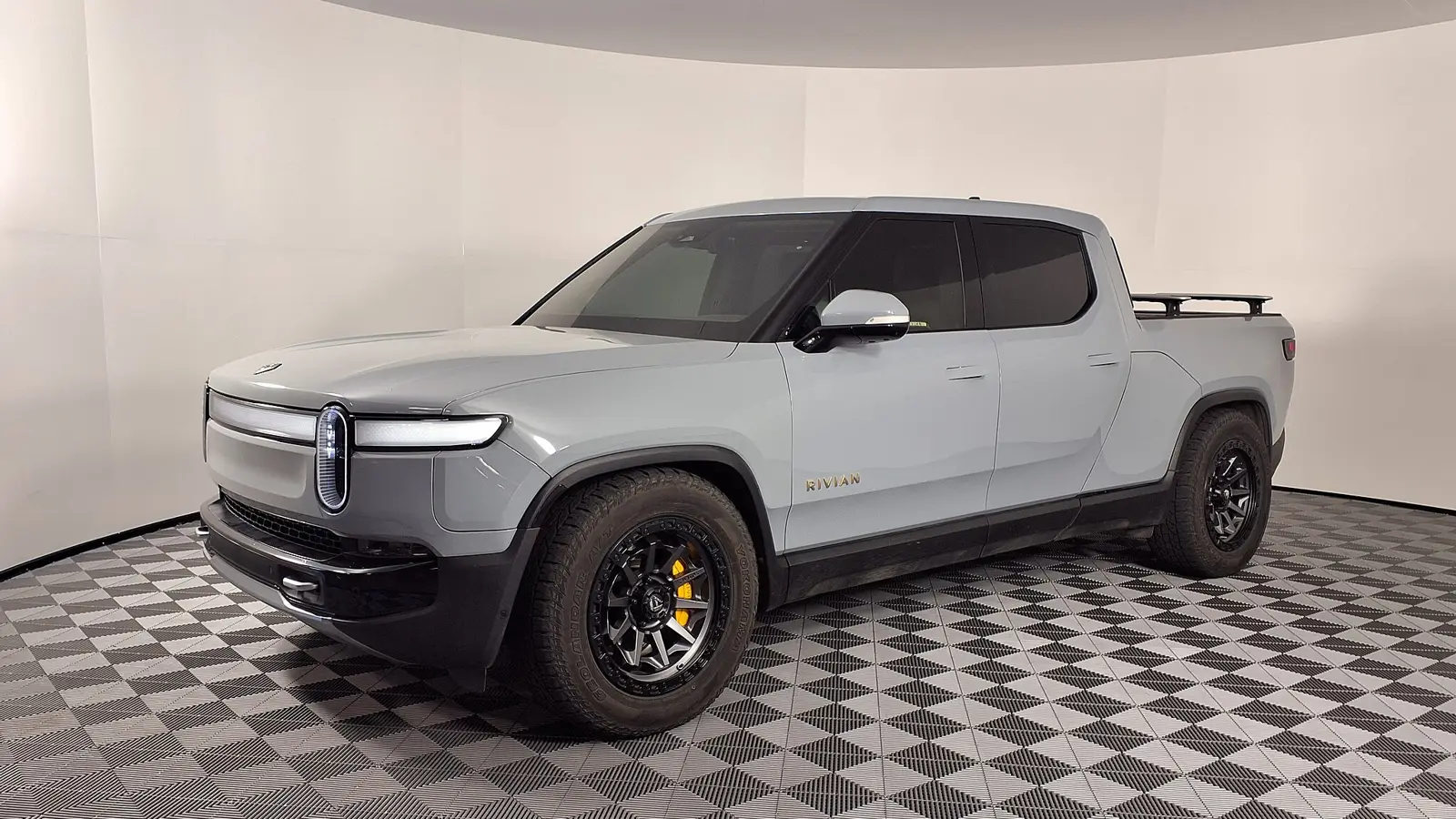Rivian Reduces Production Costs and Plans Expansion with Volkswagen

Rivian has lowered production costs for its R1S and R1T by $31,000 per unit, improving profitability. The company plans expansion with Volkswagen and new models R2 and R3. Read the full analysis.
Rivian has successfully slashed production costs for its R1S and R1T electric vehicles. Thanks to technological improvements and supply chain optimizations, the company reduced per-unit production costs by $31,000 in Q4 2024. This is more than just a financial win—it could mark a pivotal moment for Rivian as it strives for long-term profitability and greater market presence.
Several key technological shifts drove this cost reduction. Rivian implemented a new zonal electrical architecture, introduced lithium iron phosphate (LFP) batteries for entry-level models, and brought drive unit production in-house. These changes not only lowered component costs but also improved operational efficiency.
The impact is already visible in Rivian’s financials: in the last quarter of 2024, the company achieved a gross profit of $170 million for the first time. Additionally, a strategic partnership with Volkswagen, which includes a $5 billion investment, could act as a catalyst for further growth. This collaboration is expected to accelerate the development of new models, including the more affordable R2 and R3.
Rivian is aggressively working on expanding its vehicle lineup. Over the next few years, it will introduce the R2 crossover (starting at $45,000) and its smaller sibling, the R3, aimed at the mass market. Both vehicles will be built on a new platform designed to improve cost efficiency even further.
At the same time, Rivian is exploring expansion into European and Asian markets, aiming to diversify its business and attract new customers. The company has set an ambitious goal of producing over 200,000 vehicles annually, which would be a major step toward long-term sustainability.
With lower production costs, increased output, and a strategic partnership with Volkswagen, Rivian has reasons to be cautiously optimistic. The company is laying the groundwork for competing with Tesla and other EV giants. Challenges remain, but recent moves suggest that Rivian isn’t just trying to survive—it’s positioning itself as a serious player in the EV industry.
Mark Havelin
2025, Mar 05 14:33


